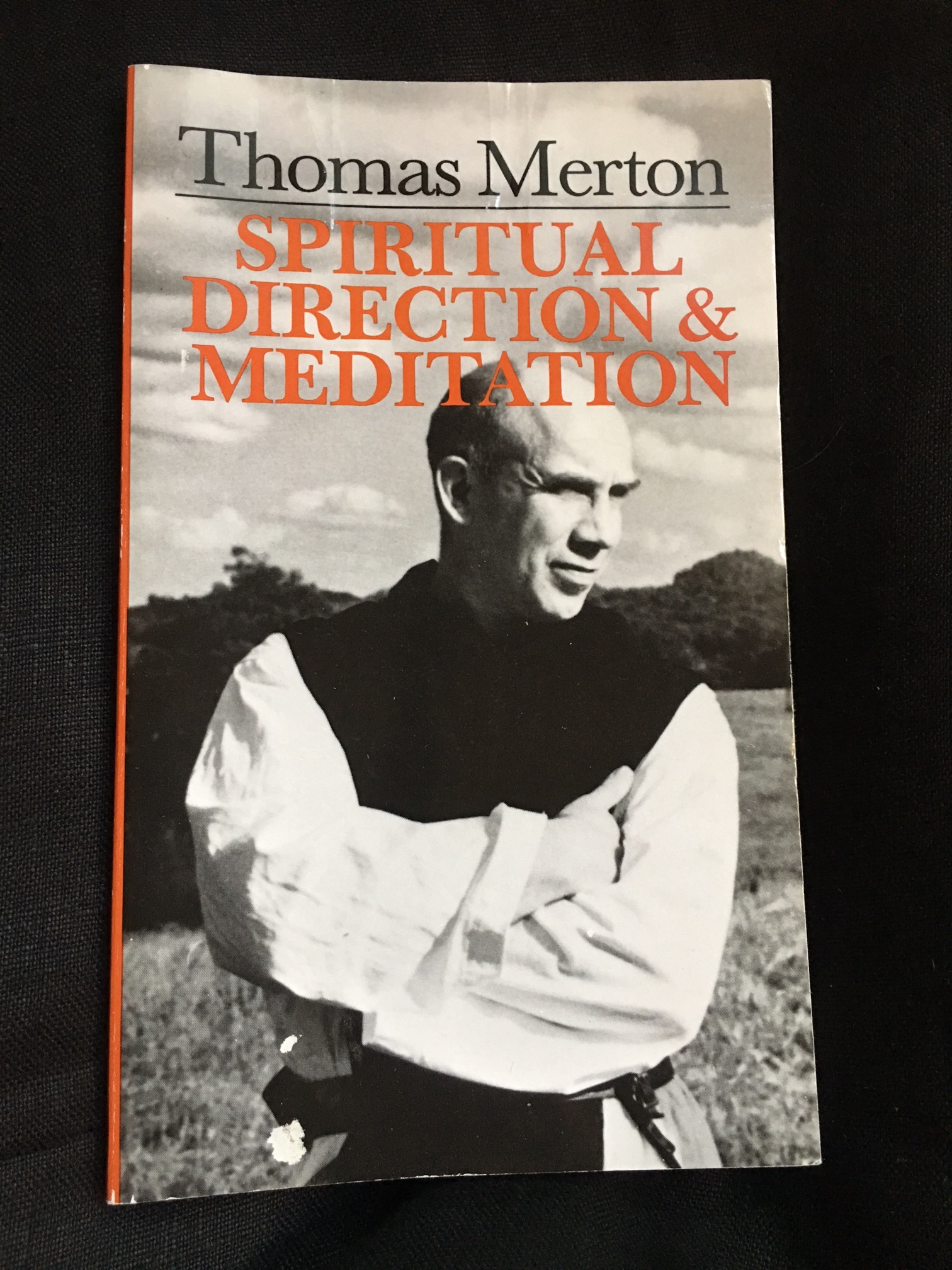Esther Harding: Change
“We cannot change anyone else; we can change only ourselves, and then usually only when the elements that are in need of reform have become conscious through their reflection in someone else.”
M. Esther Harding, The “I” and the “Not-I”, A Study in the Development of Consciousness, from Inwardoutward.org
Esther Harding was a British American Jungian analyst who is considered to be the first significant Jungian Analyst in this country. Her 1975 first book, The Way of All Women, was one of the first books I read as I first tried to connect to a feminine spirituality.
President Jimmy Carter wrote this year about getting to the place where we can give thanks for our difficulties. That is almost impossible, but I can see his reasoning a little more clearly in Esther Harding’s writings. We wear our character defects and self-centeredness like an old bathrobe that is ugly and tattered but comfortable and a known entity, because this manner of life has become our known identity. We can only come to see these defects so glaringly in someone else as we are repulsed by the behavior pattern in others, and finally may realize this is the way we live as well. Our behavior and reaction to the world is what is keeping us from our connection to God.
I continually am amazed how God uses everything, everything to bring us back to God’s love, to connect to the God within us and within our neighbor. We find out what is blocking us from God’s love by first seeing it in someone else and realizing how unbeautiful it is. At some point, when it is the right time, I can share Harding’s insights with spiritual friends who also are suffering. I, as well, have spiritual friends who listen to me when suffering brings awareness which opens up a crack of light into my own life.
Joanna joannaseibert.com


